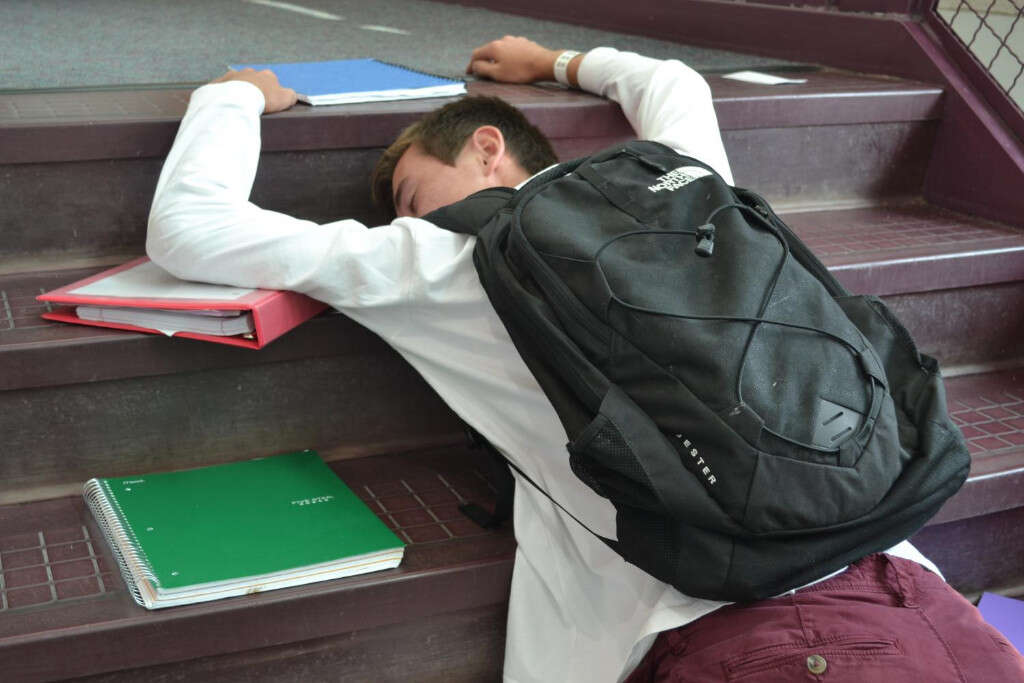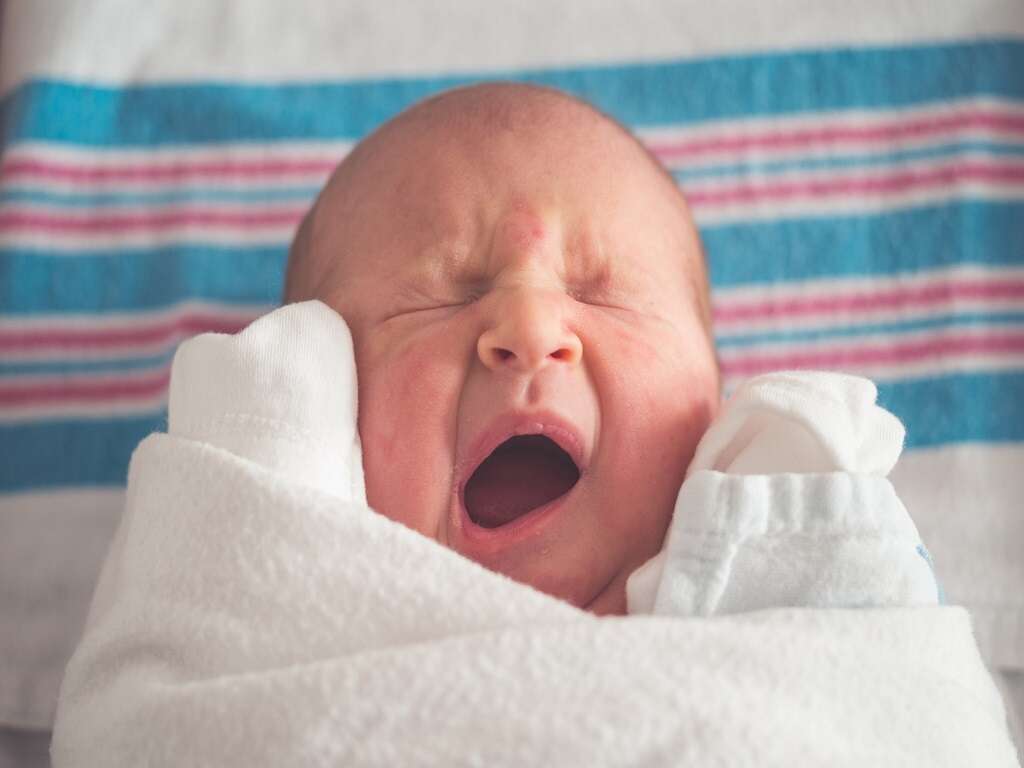10 Dyspraxia Symptoms
Symptom #4: Poor Gross Motor Control
Gross motor skills are generally acquired during childhood. Examples include standing up, walking, running, climbing up stairs, jumping, and more. These skills are acquired and improved throughout childhood with continued refinement during their many years of development. Gross movements come from large groups of muscles and involve whole body movement.
In individuals with dyspraxia, poor gross motor control can result in poor balance, poor posture, difficulty with sports, difficulty driving, clumsy movements, and a tendency to fall and trip. To compensate, they may also have exaggerated “accessory movements” to help with balancing such as flapping arms when they are running.
Advertisement












